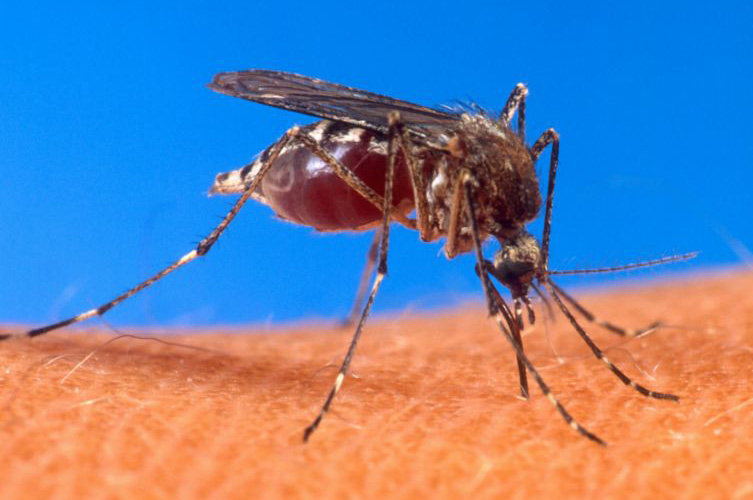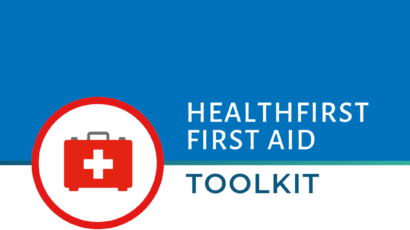
The Zika virus is carried by mosquitoes and was first discovered in the Zika forest in Uganda in 1947. Since then, there have been some outbreaks of the virus in Africa and in Asia and over the last few years, outbreaks reported in the Pacific region. But now the virus is spreading through Southern and Central America and the Caribbean – and there is a particularly large outbreak in Brazil. The World Health Organisation is predicting that between 3 and 4 million people will become infected with the Zika virus throughout the course of 2016.
The virus can be passed on if a Zika-infected mosquito bites a human. Importantly, the mosquitoes carrying Zika tend to be most active during the day time unlike those that carry malaria which are more active at night. It’s also thought that there are two other possible ways that Zika may be transmitted:
- From an infected pregnant woman to her developing baby through the placenta or around the time of birth.
- From an infected person through sexual intercourse.
80% of people infected with Zika virus don’t develop any symptoms. If symptoms do develop, then they tend to be mild and last somewhere between 2 and 7 days. A mild fever, joint pains, an itchy rash, headache and sore, red eyes are the most common ones.
The problem seems to be if Zika virus is contracted during pregnancy. If a pregnant woman becomes infected with Zika at any stage of her pregnancy, there is strong concern that there may be an increased risk of her baby being born with a condition called microcephaly – an abnormally small head that can be associated with abnormal brain development. However, the exact nature of the relationship between Zika and microcephaly is still being investigated and the link has not yet been proven.
If Zika is suspected, then doctors can usually diagnose it using a blood test. There’s no specific treatment, cure or vaccine for Zika at the moment. Symptom control – drinking plenty of fluids and taking paracetamol for fever and joint pains is all that is recommended. However, it’s advised to steer clear of the non-steroidal anti-inflammatory drugs like ibuprofen and aspirin if you have Zika because there’s thought to be an increased risk of these drugs causing bleeding.
So what does all of this mean for us living here in Switzerland?
At the time of writing, there have been 2 cases of Zika virus detected in Switzerland – both in people who had just returned from affected countries.
Until we have further evidence about the effect of contracting Zika virus during pregnancy on an unborn child, the advice is that pregnant women, or women planning to become pregnant, should speak to their doctor before they travel. Do they really need to travel to a country or region where a Zika outbreak is ongoing? You can find an up-to-date list of Zika affected countries on the website www.safetravel.ch
If you are pregnant and have recently returned from a Zika affected country or region, then make an appointment to see your doctor or midwife, even if you do not have any symptoms. They may suggest an ultrasound scan to check your baby out and perhaps a blood test to look for evidence of the Zika virus.
If you are trying to get pregnant and have recently travelled to such an area and were unwell with Zika-like symptoms whilst you were there, or within 2 weeks of returning home, then it is recommended you wait 6 months before trying to conceive. If you were not unwell, then you should wait 28 days.
Equally, if a male partner has travelled to an affected area and their female partner is either already pregnant or at risk of becoming pregnant, even though the chance of Zika being passed on through sexual intercourse is thought to be very low, it is recommended that they use a condom for 28 days after their return if they had no Zika symptoms, or for 6 months after recovery if Zika infection was confirmed or suspected. This is a precaution until we understand more about how the Zika virus is transmitted. Your doctor will be able to give you tailored advice about your specific risks as needed.
And of course, for those people living in Zika affected areas, preventing mosquito bites is key. Using insect repellent, wearing light coloured long-sleeved tops and long trousers to cover the body, closing doors and windows and using window screens and impregnated mosquito nets are essential. Plus removing potential mosquito breeding grounds – for example, emptying or covering containers that can hold water.
By Dr Michelle Wright, MBChB, MRCGP
Image source: Wikimedia commons
Disclaimer: Click here to read our full disclaimer.





